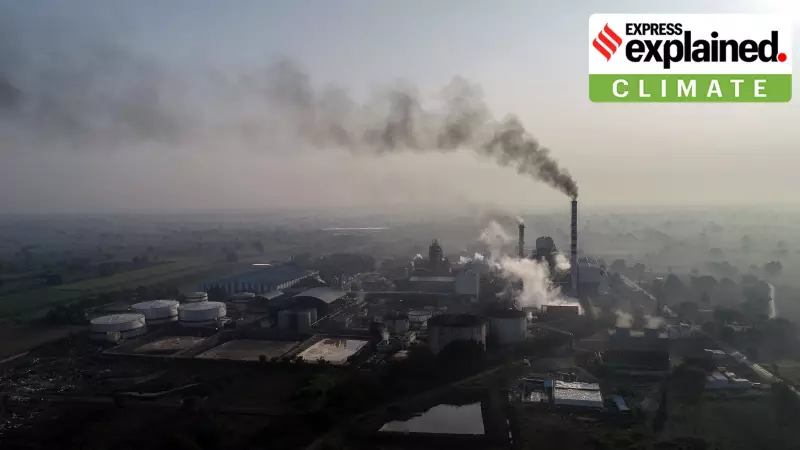
The Earth's atmosphere has reached a disturbing milestone, with carbon dioxide concentrations climbing to heights never before witnessed in human history. This alarming trend signals a deepening climate crisis that demands immediate global attention.
The Startling Numbers Behind the Crisis
Recent data reveals that CO2 levels have surged to unprecedented concentrations, far exceeding historical averages. What makes this situation particularly concerning is the rapid pace of increase, showing no signs of slowing down despite international climate agreements and renewable energy initiatives.
Why India Should Be Particularly Concerned
For India, these rising CO2 levels carry significant implications. The increasing concentrations directly contribute to:
- More extreme weather events including intense heatwaves and unpredictable monsoon patterns
- Accelerated glacier melt in the Himalayas, threatening water security for millions
- Rising sea levels endangering coastal cities and communities
- Agricultural disruptions affecting food security and farmer livelihoods
The Science Behind the Surge
The primary drivers of this CO2 explosion remain human activities, particularly fossil fuel combustion, industrial processes, and deforestation. While natural cycles have always influenced atmospheric CO2, the current spike far exceeds normal variations, pointing squarely to human-induced climate change.
What This Means for Climate Goals
These record-breaking numbers pose serious challenges to international climate targets, including the Paris Agreement objectives. The data suggests that current mitigation efforts, while valuable, are insufficient to curb the accelerating trend of atmospheric carbon accumulation.
The Path Forward for India
Despite the grim numbers, experts emphasize that solutions exist. India's commitment to renewable energy expansion, coupled with enhanced climate adaptation strategies, could position the country as a leader in addressing this global challenge. However, the latest data underscores the need for more aggressive action and international cooperation.
The message from the scientific community is clear: the window for meaningful climate action is narrowing rapidly, and the choices made today will determine the environmental legacy we leave for future generations.





